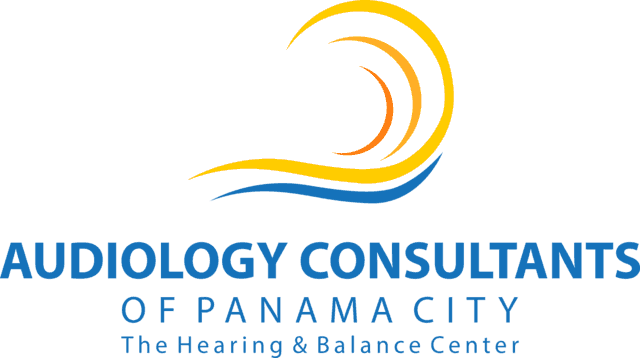- Using Hearing Aid Accessories for Enhanced Listening - May 6, 2025
- Practical Tips for Managing Daily Challenges With Tinnitus - April 8, 2025
- Signs Your Hearing Aid Battery Needs to Be Replaced - March 13, 2025
Hearing loss and deafness result from sound signals that don’t enter the brain due to a hearing system problem. Based on where the problem lies, there are two main types of hearing loss:
- Sensorineural hearing lossoccurs from damage to the hair cells within the inner ear or damage to the auditory nerve. This affects the ability to pick up ambient sounds, which decreases the sound quality you hear.
- Conductive hearing loss occurs when sounds are blocked from entering the ear due to an obstruction, such as ear wax. Sounds are quieter and are sometimes muffled in tone.
In a nutshell, conductive hearing loss is often temporary and treatable, but sensorineural hearing loss is almost always irreversible. Unfortunately, sensorineural hearing loss is also the most common type of hearing loss we deal with here at Audiology Consultants.
Conscious of the need for solutions, scientists worldwide have been researching how sensorineural hearing loss can be cured. Here is an update on the progress of three of these initiatives.
1. Stanford Initiative for Healing Hearing Loss
The Stanford Initiative for Healing Hearing Loss (SICHL) is a group of academics brought together to devise therapies to fix the impaired inner ear and restore lost hearing, reduce tinnitus, and restore balance. They currently have over 100 professors, scientists, and technicians working to accomplish this goal and put a cure into clinical trials.
Researchers have already found that almost all of these causes of hearing loss have significant genetic components, whether from noise exposure, toxins, or aging. It is believed that a few hundred genes are involved in hearing loss, but only half of them have been reported to date. The work at SICHL is dedicated to identifying this lack of knowledge through the discovery of these genes.
Although the project is in its early stages, increased funding will certainly speed things along and give hope to millions worldwide with permanent sensorineural hearing loss.
2. Another international research team has managed to treat hearing loss in mice
Acquired hearing loss, such as noise-induced or age-related hearing loss, arises in adulthood after the cochlear (the hearing organ) has been fully developed. This form of hearing loss was considered permanent. But a study performed by an international team of researchers from France and the US found that gene therapy can be used to restore hearing even after the cochlea has formed completely.
They also used a new technique of gene therapy to regain hearing in mice with a hereditary form of deafness similar to the kind found in humans (called DFNB9).
The researchers have shown in their work on mice that this method can be used for genes that are too large to fit into one particle of a virus, increasing the number of hearing loss genes that this approach could be used to treat.
Since the researchers have shown that it works in one form of hearing loss, other genes can be tested using this method to see whether it can fix defects in different kinds of hearing loss. Eventually, this could be a step towards creating gene therapy based on that technique that can be tested in human hearing loss.
3. Gene therapy for hearing loss trials occurring for the first time
The Department of Otolaryngology at Columbia University is one of three centers worldwide conducting a clinical trial using cellular regeneration to treat hearing loss.
The research concerns a gene-containing drug that has been shown to generate hair cells in preclinical trials. Currently, the only way to treat serious to extreme hearing loss from hair cell death is through cochlear implantation. Through this research, academics hope that specific causes of hearing loss may eventually be managed by the biological regeneration of the damaged inner ear cells.
“We hope the procedure will one day allow doctors to regrow the vital hair cells involved in hearing, perhaps even eliminating the need for hearing aids and cochlear implants,” added Dr. Lawrence Lustig, Chair of the Otolaryngology Department — Head and Neck Surgery.
Hearing aids are currently the most effective therapy
Although this is exciting news, it may be many years before commercially available hearing loss therapy is available. As of right now, once hair cells in the inner ear are dead, there is no way to bring them back.
But hearing aids can significantly improve your listening abilities by making sounds louder and easier to understand. Hearing aids include a microphone, an amplifier to make sound clearer, and a receiver transmitting the signal into the ear canal.
Advances in hearing aid technology have meant that hearing aids now produce a richer sound and are better equipped than ever to deal with noisy environments. They are not yet a substitute for your ears, but many have found that hearing aids substantially improve their quality of life.
If you’re ready to treat your hearing loss, please contact us today to create an appointment.


